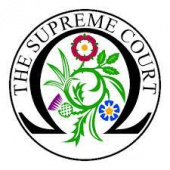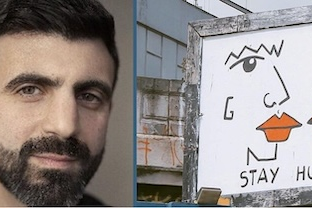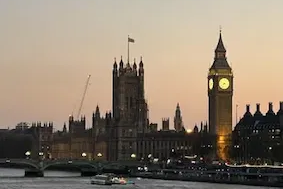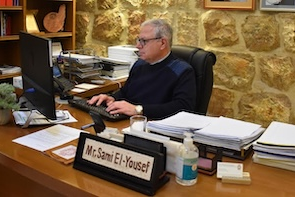Campaigners welcome court judgements on assisted suicide

The issue of euthanasia has been brought sharply into focus this week with courts in England and France banning the withdrawal of life support from terminally-ill patients, but calling for a reassessment of the laws banning euthanasia.
Yesterday, a paralyzed car crash victim and the widow of a man who had locked-in-syndrome lost a legal bid at Supreme Court for the right to assisted suicide. Justices ruled against Paul Lamb and Jane Nicklinson by seven to two. A third man, Martin, lost his attempt to have the current prosecution guidance on assisted suicide clarified. But five justices concluded they had the power to declare the current law breaches the right to a private life. Had the court made such a declaration, it would have forced the government to introduce legislation to amend the law on assisted suicide in England and Wales.
Dr Andrew Fergusson, a spokesman for the Care Not Killing alliance commented: "We welcome this judgement from the highest court in the land.
"'The law in England and Wales remains unchanged, with the Court recognising that it exists to protect vulnerable, elderly and disabled people. This is why Parliament has debated and repeatedly voted against changing the law in recent years.
"You only have to look at what is happening in Holland and Belgium to see the dangers of weakening laws designed to protect the vulnerable. In Holland, euthanasia is often performed 'without explicit request' while according to reports, twins who might go blind and a transsexual have been euthanised by the state. In both countries euthanasia is being extended to disabled babies.
"As Paralympian Baroness Tanni Grey-Thompson and other disability rights campaigners have said, changing the law would be dangerous and discriminatory. It would send out a very clear message to those who are disabled, terminally ill or just old that their lives are less worth living and protecting than the lives of the young and healthy.
"It is also worth noting that not a single major doctors group, including the BMA, Association for Palliative Medicine and the medical Royal Colleges backs changing the law on either assisted suicide or euthanasia.
"The current law exists to protect the vulnerable and those without a voice: disabled, terminally ill and elderly people, who might otherwise feel pressured into ending their lives. It does not need changing - a fact recognised by the High Court, Court of Appeal and now in the Supreme Court ruling."
Paul Tully, SPUC’s general secretary, commented: “Although the Supreme Court has rejected the Nicklinson appeal in general, several Supreme Court justices have encouraged and even pressured Parliament to pass Lord Falconer’s assisted suicide bill. Today's judgment shows the real danger that judges who want to see assisted suicide allowed will undermine the Falconer bill’s weak safeguards for vulnerable people if the bill is passed. This danger adds to the urgent need for Parliamentarians robustly to oppose the Falconer bill."
Mr Tully continued: "Death as a new 'right' is a false right, that will not empower the vulnerable, but will empower the strong to kill the weak, the clever to kill the less educated, the fit to kill the unfit, adults to kill children."The recent lessons from places like Holland and Belgium are clear: once the medical profession is given power to kill certain adult patients, the 'dyke is breached' and a small trickle of killings grows gradually at first to encompass more and more people, who, whether able to consent or not, are deemed to be 'lebensunwertes Leben' - 'life unworthy of life'."
He concluded: "Those who should be particularly concerned by this judgment include: supporters of the hospice movement; medical specialists;care workers looking after elderly and disabled people; disability rights groups; people with congenital conditions like cerebral palsy, spina bifida, Down's Syndrome, and cystic fibrosis; people with acquired conditions like stroke, multiple sclerosis, dementia, and terminal cancers."
Meanwhile the European Court of Human Rights has told France to maintain life support for a tetraplegic man who has spent nearly six years in a coma while it examines a last-ditch appeal by his parents. The request from the court late on Tuesday came just hours after French judges ruled doctors should be allowed to end medical support that has kept Vincent Lambert artificially alive since a motorbike crash in September 2008.
Lambert, a former nurse in his late 30s, has been in a coma since his accident and is in a vegetative state. His medical team was set to turn off feeding and hydration equipment before his parents secured an injunction last January.
Another French court on Wednesday acquitted a doctor charged with accelerating the deaths of seven terminally ill patients by lethal injection, prompting campaigners to call for a revision of the law against euthanasia.
See also: ICN 26 June 2014 - Bishop of Shrewsbury issues pastoral letter on assisted suicide www.indcatholicnews.com/news.php?viewStory=25036


















